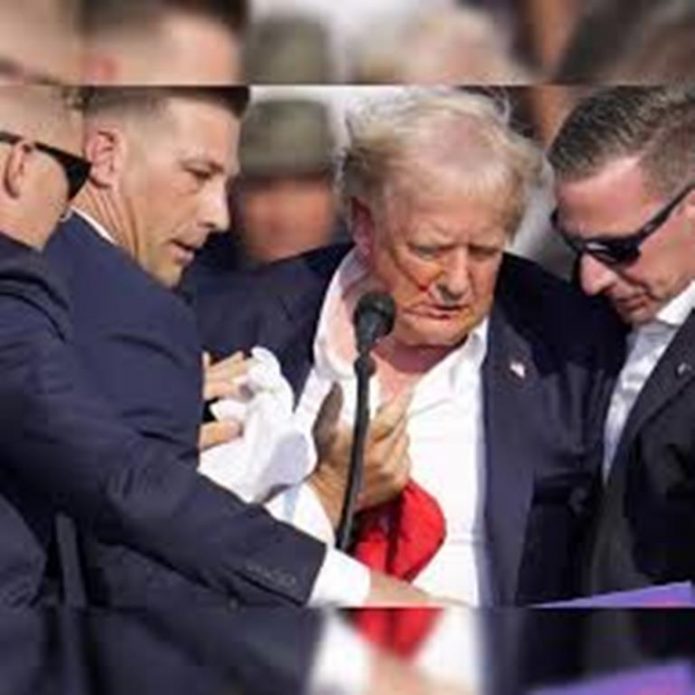Over the past weekend, the United States faced a disturbing and tragic event: an assassination attempt against former President Donald Trump. Such incidents not only highlight personal tragedies but also reveal deeper issues within our political and social systems. This alarming act underscores a critical concern: the right of individuals to pursue public office and participate in political events without fearing violence.
The Personal Impact of Political Violence
The attempt on Trump’s life is a profound violation of democratic principles. Regardless of personal opinions about Trump, Joe Biden, or other figures, such acts of violence are unacceptable. They undermine the democratic process and inflict severe harm on those targeted and their families.
A Broader Issue Within the Political Landscape
This incident is part of a troubling trend in American politics—a “disease” of extreme partisanship and divisive rhetoric. While most Americans seek stability and peace, fringe groups may exploit this toxic environment to commit violent acts. The suspect in this case appears to have acted alone, but the broader issue of gun accessibility—evident in states like Pennsylvania where firearms can be purchased with minimal regulation—raises serious concerns about public safety.
Debating Gun Laws and the Second Amendment
The gun control debate is often polarized. Some advocate for stricter regulations to prevent violence, while others stress the importance of upholding the Second Amendment. However, this debate should not overshadow the immediate need for balanced regulations that address safety concerns while respecting constitutional rights. The current gun laws in various states, including the ease of acquiring firearms in Pennsylvania, contribute to ongoing safety concerns.
The State of Political Discourse
The current political environment is marked by a breakdown in constructive dialogue. Leaders from both major parties have contributed to an atmosphere of hostility and division. Extreme rhetoric and partisan attacks have created a culture where political opponents are often vilified, rather than engaged in meaningful debate.
There is a growing sentiment that both President Biden and former President Trump should step aside to make way for younger leaders. This perspective suggests that the current generation of leaders is not effectively addressing the needs of a changing electorate and that fresh leadership could better unite the country and address its challenges.
The Need for a Renewed Dialogue
The focus on sensationalism and partisan conflict has overshadowed important national issues. Instead of engaging in meaningful discussions about policy and governance, public discourse often devolves into name-calling and divisive rhetoric. This shift detracts from addressing pressing issues such as economic instability, international conflicts, and systemic inequalities.
The assassination attempt on Trump is a stark reminder of the deeper problems within American politics. It highlights the need for a shift towards more respectful and inclusive discourse. Leaders, media, and the public must collaborate to foster a more constructive political environment.
Looking Ahead
John Zogby, founder of the telephone survey service and qualitative research company John Zogby Strategies, remarked that the recent attack on Trump is indicative of broader systemic issues within American politics. It is essential for leaders from both parties to address these underlying problems. By focusing on healing divisions and encouraging productive dialogue, the nation can work towards resolving the issues that contribute to violence and discord. This moment presents an opportunity for both political parties and the American people to come together and address the challenges facing the country.

